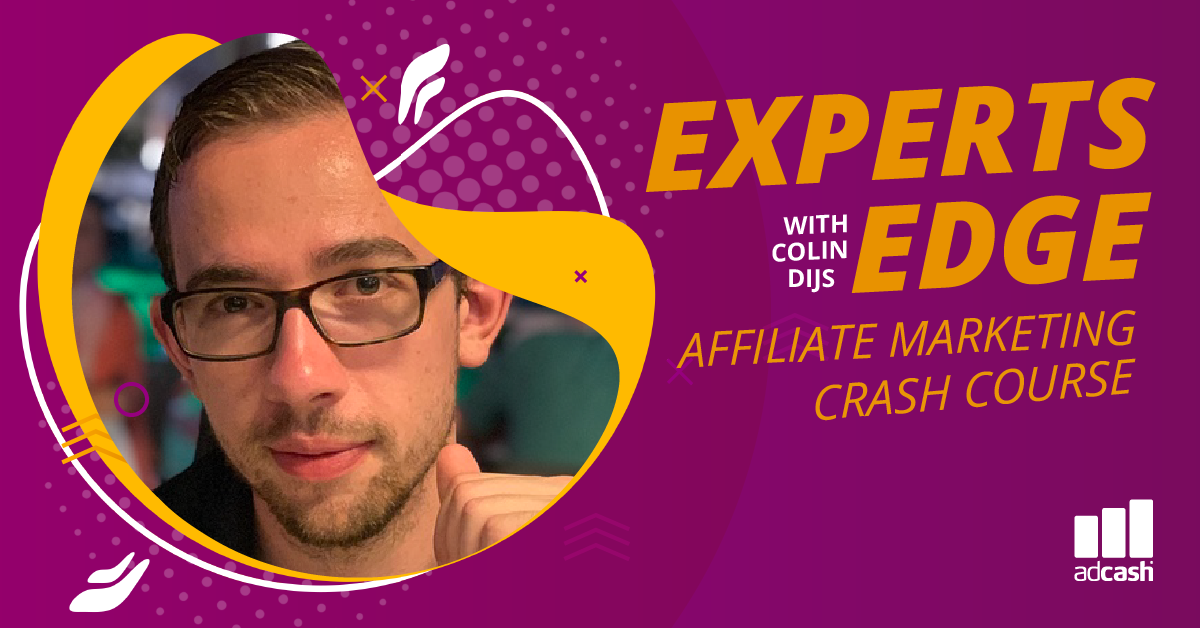Colin Dijs is a seven-figure force to be reckoned with in affiliate marketing today. As founder and acting CEO of the much anticipated Deberoo affiliate suite, Colin took some time out to chat with us about
- 2021’s top verticals
- The skills every affiliate marketer needs
- The steps to follow for a profitable campaign, and much more!
So, let’s jump straight to it, with Colin Dijs and the Affiliate Marketing Crash Course.
How would you describe what you do Colin?
Well, I do a lot of things. We have a group of companies that I own and run simultaneously. We assist affiliate marketers and some of the smaller media buying companies to access new growth in the market. Switching away from the old strategies and implementing the new.
Personally, I’m heavily involved in pushing our companies to their full potential, dealing with smaller and larger clients respectively. Our top affiliate consultants are not only assigned to big clients but also assist up and coming affiliate marketers. This, in turn, ensures every client remains equally as important, where we can tailor our services to meet their individual needs.
Could you give us an overview of the Deberoo Suite?
Deberoo started out as my own personal affiliate platform and has fast become a fully integrated, end to end affiliate marketing software platform with a consulting subsidiary attached.
Affiliate marketers/media-buyers need A LOT of software to truly stay ahead of the game. These tools are all vital to your success and nobody wants to have 20+ tabs open at a time.
Basically, the Deberoo platform (as of Jan 2021), will allow you to move 8 of these tabs/tools into a one-stop affiliate marketing solution. Meaning a low barrier to entry for beginners and a range of powerhouse software options for more advanced affiliates. When the suite is fully launched, it will include the below:
- Landing Page Builder
- Tracking Software
- Spy Tool
- Cashflow Manager
- Image Editor
- Translation Tool
- Coaching and Consulting Suite
- Affiliate Forum
- Education Portal
Additionally, the platform has a shared calendar that will notify you of global online advertising events that you can attend to connect with like-minded affiliate marketers.
We’re currently still in the beta testing phase and will go live with the full suite in early January 2021. The good news is that, until then, you can sign up and use the platform completely free of charge. If you sign up now you’ll have unprecedented access to 8 of the top tools in affiliate marketing today, and all under one roof. Simply register onto the platform and let us know what you think?




Join the conversation
0 comments
Submit a comment
Your email address will not be published. Required fields are marked *